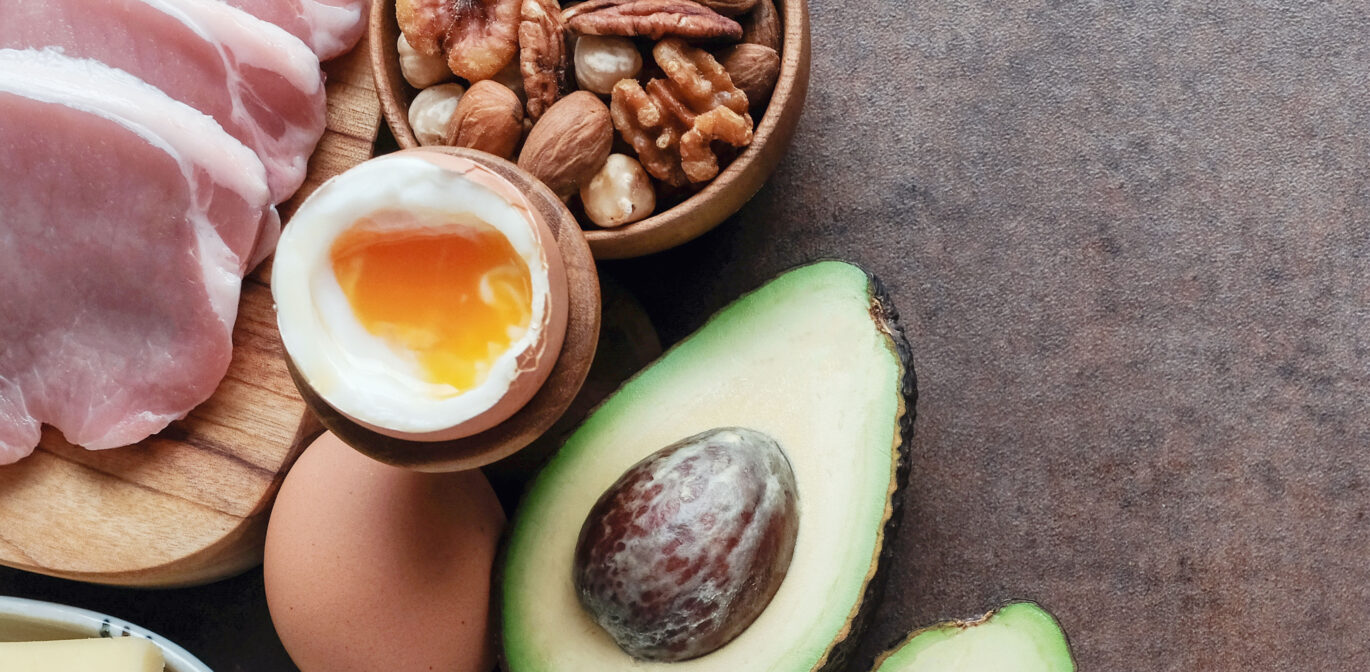Why Low Carb Diets don’t promote High-Performance Athletes
This article is about fueling a high-performance athlete not weight-loss. Whether you call it keto, Paleo, Dukan, or Atkins, low-carb eating patterns continue to be popular with the mainstream population but is this same eating pattern a strong performance strategy for the high-performance athlete? Let’s discuss briefly the implications for athletic performance in the gym or during high performance situations.
Macronutrients
Those that are needed in large amounts are called macronutrients. There are three macronutrients required by humans: carbohydrates (sugar), lipids (fats), and proteins. Each of these macronutrients provides energy in the form of calories.
There is one factor that remains as true today as it did decades ago are the athlete’s indispensable need for carbohydrates. Carbohydrates categorized as the substrate most efficiently metabolized by the body and the only macronutrient that can be broken down rapidly enough to meet the necessary energy needs during periods of high-intensity exercise.
Yet the experts in the field of studying high-performance athletes feel many athletes especially those who regularly exercise strenuously are not getting enough carbohydrates. Interestingly the human body has the ability to adapt to a ketone-promoting diet, but nutritional experts want to emphasize that this type of eating strategy long term is potentially detrimental to health and wellness.
Concerns include:
. Athletic performance decrements
. Impairments to cognitive performance, focus, and mood
. An increased perception of fatigue
. A greater susceptibility to skeletal muscle damage
This eating fad is not practical when looking at performance needs especially because it leads to reductions in training intensity over time. Researchers assert that a low-carb stores make it difficult to sustain the intensity levels necessary to compete not to mention the performance difficulty for recreational athletes performing TABATA, HITT training and other high-intensity formats.
Food for Thought
All food and drink have calories including alcohol. Don’t stray away from carbs because you fear they are weight-promoting foods. Complex carbohydrates are not fattening nor addicting but rather nutritious and low calorie. Excessive carb calories of any type promote water retention and weight gain because they are “carbo-hydrators.” When people allow themselves to get famished they don’t sit down and create a salad they grab something in the moment and easy to eat like a handful of nuts, a couple fig newton or some organic veggie tortilla chips. Calories are calories are calorie when it comes to weight gain yet when it comes to solid nutrition the type if calories and percentage of those calories it very specific especially when your dealing with weight loss, weight gain, training protocols, brain health, heart health, bone health and living the life.
Nancy Clark, MS, RD, CSSD, a sports dietitian in the Boston area echoes my philosophy, “The body preferentially burns carbohydrates.” For optimal athletic performance the foundation of each sports meal should be gain-based foods (unless you have been diagnosed with celiac disease or allergy to specific gains), resistant starchy vegetables, and fresh fruit (no juices). Protein is reserved for the recovery process yet adding a tad of protein to you carb intake during sports has shown stronger endurance output.
Reference:
Nutrition Today (2018; 53[1], 35-39).
Nancy Clarke’s Sports Nutrition Guidebook (2013).
YouTube Mitch Kanter, PhD. In physiology and nutrition.

